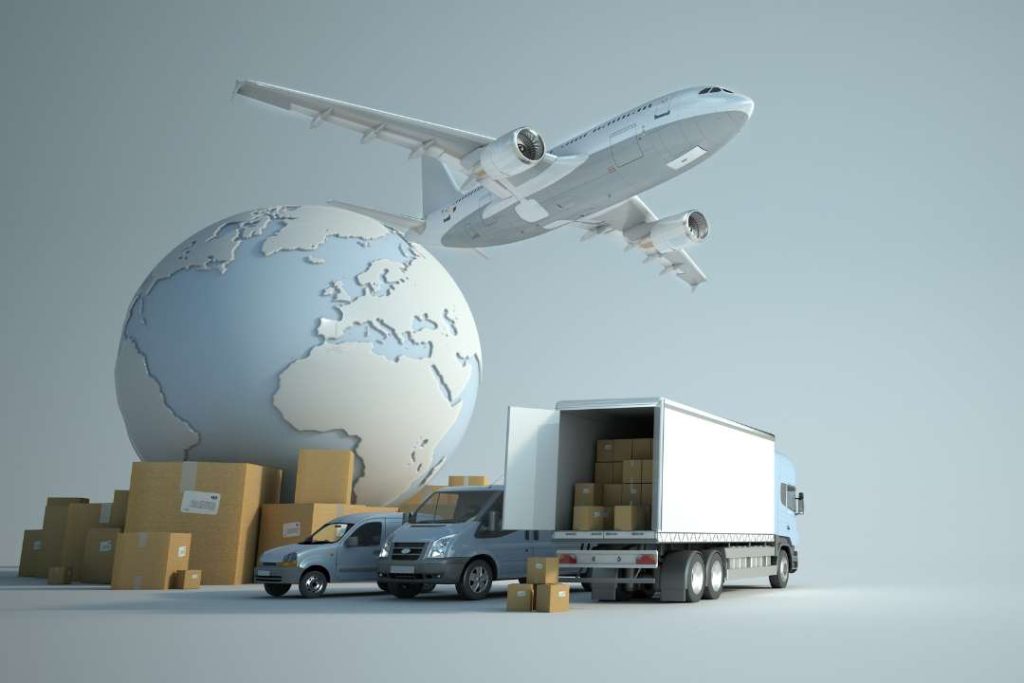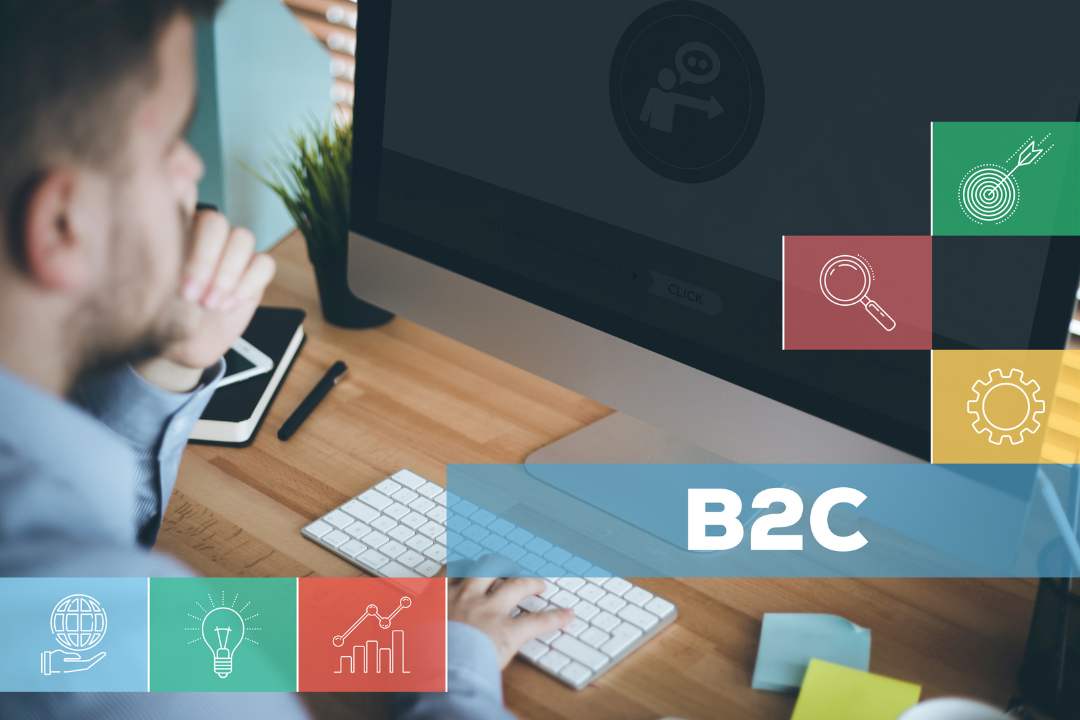Logistics as a Growth Engine
One of the key aspects of B2B trade is logistics. In a globalized business environment, B2B companies need to ensure that products arrive on time and with as little friction as possible. The integration of logistics tools into eCommerce platforms has enabled many companies to improve their delivery times, resulting in increased customer satisfaction.
Innovations in the B2B Logistics Sector
Technology has enabled the creation of advanced logistics solutions such as delivery route optimization and delivery route optimization and real-time tracking of orders. These innovations not only improve business efficiency, but also reduce operating costs and enable greater transparency in the delivery process. E-commerce platforms that integrate these logistics solutions are well positioned to lead growth in the European B2B market.
Adoption of Emerging TeEmerging Technologies
The advancement of technologies such as artificial intelligence (AI) and Big Data is facilitating the transformation of the B2B sector. These technologies enable companies to analyze buying patterns, optimize inventories and predict future demand with greater accuracy.
AI and Big Data in B2B eCommerce
AI and Big Data are not only helping B2B companies improve their internal efficiency, but are also enabling more precise personalization of the customer experience. AI algorithms can analyze large volumes of data to provide product recommendations to buyers based on their past behaviors, improving conversion rate and customer satisfaction.
The Role of B2B Marketplaces
The B2B marketplaces are also playing a crucial role in the growth of e-commerce in Europe. Platforms such as Amazon Business y Alibaba have set the standard for ease of use and convenience for B2B buyers, allowing businesses to access a wide range of suppliers and products from one place.
Advantages of B2B Marketplaces
Marketplaces allow companies to compare prices, manage supplier relationships and place orders more efficiently. In addition, a presence on marketplaces provides companies with global visibility, giving them access to new markets and potential customers. With the growing adoption of these marketplaces, they are expected to play an increasingly important role in the future of B2B e-commerce.
Challenges and Opportunities in the European B2B Marketplace
Despite the opportunities, the growth of B2B eCommerce in Europe also faces several challenges. The fragmentation of European markets and regulatory differences between countries can make international expansion more complex for some companies. In addition, B2B customer expectations are evolving rapidly, which means that companies must constantly adapt to meet the demands of their buyers.
Sustainability in B2B Commerce
One of the emerging issues in B2B commerce is sustainability. More and more companies are looking for ways to reduce their carbon footprint, both in their production processes and logistics. B2B eCommerce platforms that prioritize sustainability in their operations will have a competitive advantage in the coming years.
Conclusion: A Promising Future for B2B eCommerce in Europe
The B2B e-commerce market in Europe is on an accelerated growth trajectory, with projections indicating that it will reach $1.8 trillion by 2025. Companies that adopt innovative technologies such as AI, Big Data and advanced logistics solutions will be best positioned to take advantage of the opportunities presented by this expanding market.
With a growing demand for more efficient platforms and the need to adapt to an increasingly digital economic environment, the future of B2B eCommerce in Europe looks promising, marked by innovation and continuous optimization of business processes.










